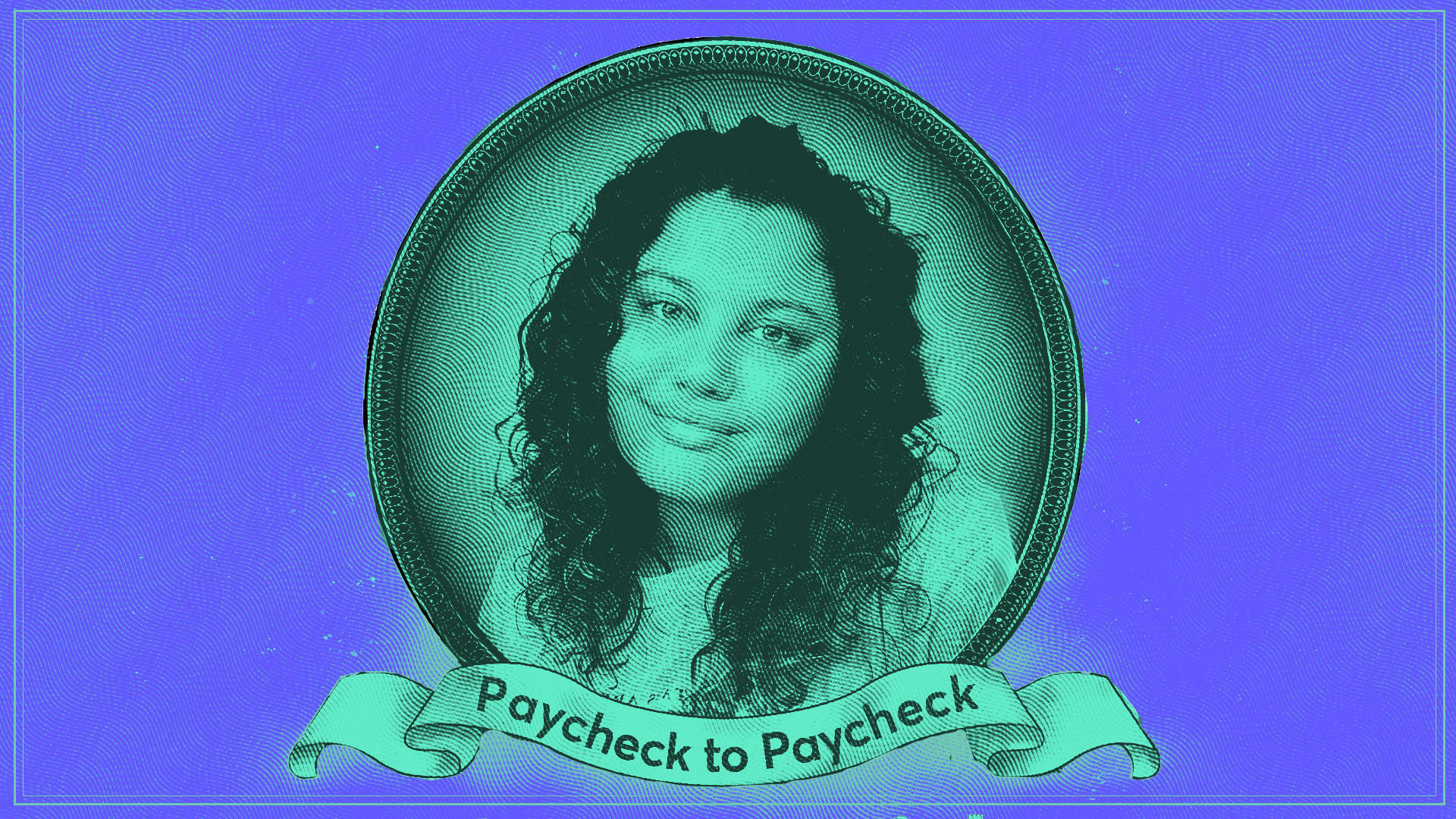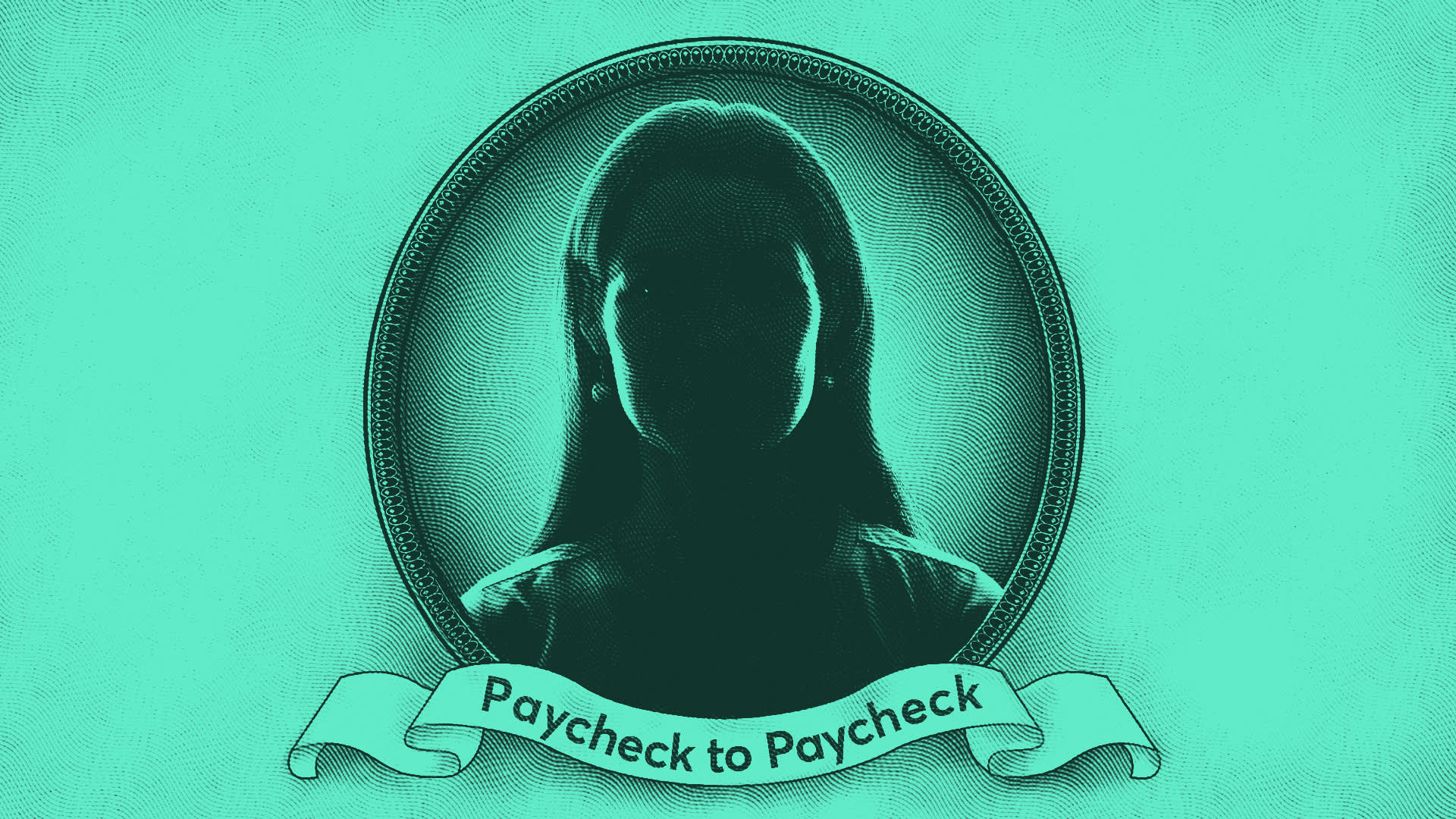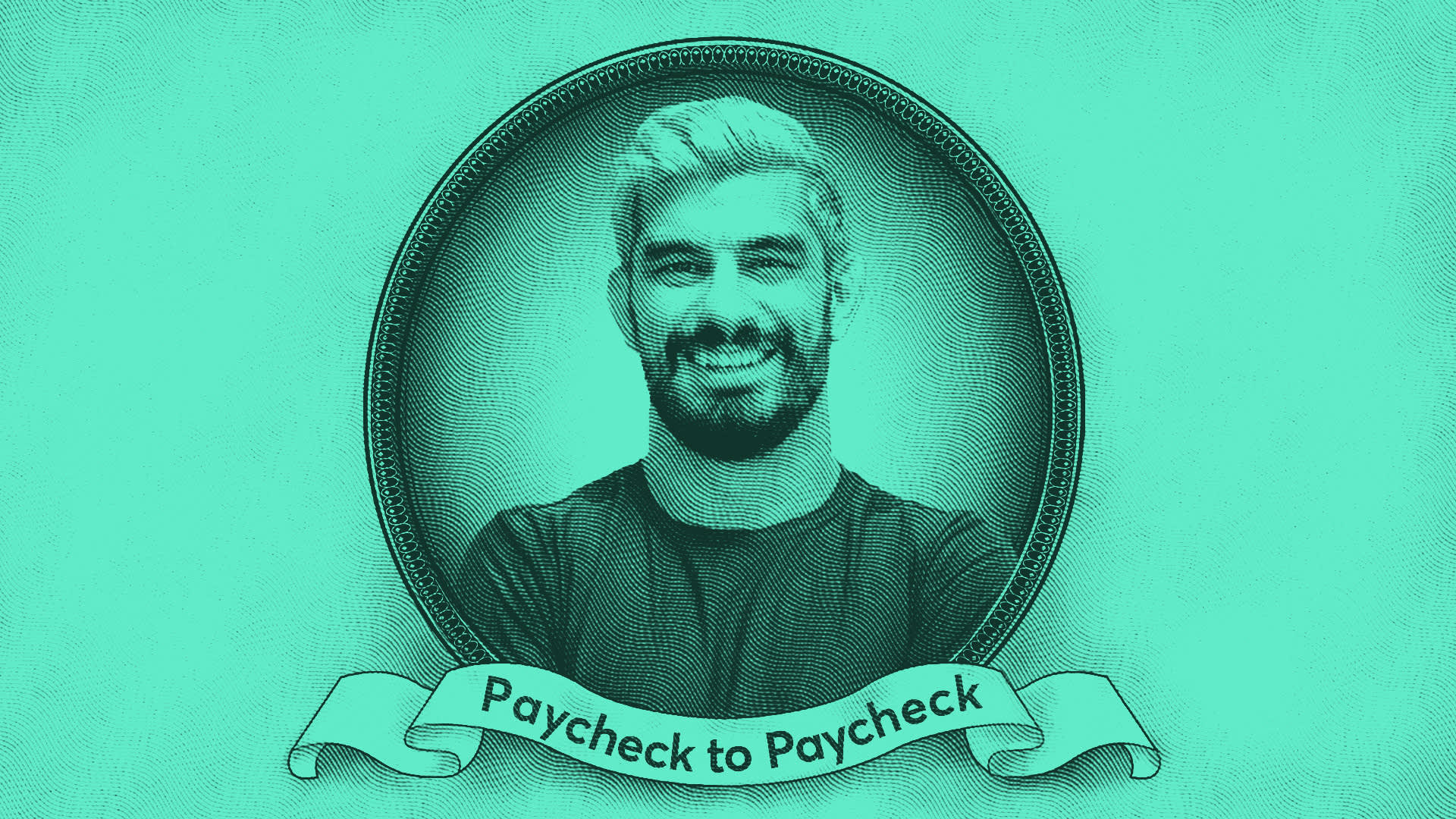
Welcome to Paycheck to Paycheck, where workers with the same job across the U.S. share how much they earn, how they got to their salary and their best negotiating tips. Ready to join the salary transparency conversation? Apply to be a part of the series here.
Project management jobs are quickly becoming a way for people with non-technical backgrounds to earn lucrative tech paychecks. Project managers have to be generalists with a knack for good communication, organization, critical thinking and being resourceful — skills that translate well across any number of industries.
A few seconds scrolling through project manager TikTok will give you the scoop on how to get certified online (some people do it within weeks) and make a career jump.
CNBC Make It spoke with three people who recently made the shift into project management about how they did it, and why — even though none of them negotiated their salary — they're all pretty happy with their pay.
$65,000 in Jacksonville, Florida

Name: Madison Das
Money Report
Age: 21
Identifies as: Indian and Polish; she/they
Works for: a tech start-up
Training: associate's degree in biomedical sciences and an interdisciplinary bachelor's degree covering chemistry, sociology and English literature; a Google project management certification completed in six weeks
Time in the field: 3 months
You just started a new job and plan to be promoted in a few months — how did that happen? When I was interviewing, the department director and my direct supervisor, who are both women, told me: We don't want you to stay at this level for more than six months. Our intention is to have people grow.
That's been reaffirmed to me within my first month. Part of my developmental goals is to spend 10 hours a week getting trained in Salesforce. Companies worried about job-hopping really have to show their teams: We want to promote you and have you stay with us, and we'll tell you that on day one.
What made you want to post a video on TikTok sharing your salary? When researching pay ranges online, I saw a lot of guys posting, "Here's how I make $300,000 in tech." Usually they were talking about their total compensation with equity and other benefits. I heard from other tech newcomers who felt discouraged they weren't getting those big offers out the gate.
What I really needed was a full breakdown of entry-level starting salary, then other benefits, to understand each part of the package. I wanted to make a video breaking it down to be transparent and help others.
Did you negotiate your salary? I didn't. I set my salary expectations between $65,000 and $80,000. When my organization offered me $65,000, which was in my acceptable window, I just ran with it. I think that I'm paid fairly for the entry-level job I do presently. But if I could go back knowing what I know now and hearing other people's experiences, I would negotiate — 100%.
What did you learn from not negotiating? As a woman, I'm sometimes afraid to ask for what I want. I've learned negotiating isn't just putting in the effort to get the numbers, but it's having the courage to ask.
I've started talking with my colleagues about pay. One person told me her starting salary, how she moved up and how she learned to negotiate.
Right now, my goal is to get promoted to the level of "project manager," which will pay around $100,000, before the end of the year. As long as I prepare to negotiate, I'm very confident I'll be able to accomplish that.
$100,000 in Charlotte, North Carolina

Name: Lisa
Age: 26
Identifies as: white, she/her
Works for: a manufacturing company
Training: bachelor's and master's degrees in social sciences and leadership, a week-long ScrumMaster course, a Google project management certification completed in three months
Time in the field: 2 years
How did you change careers? I worked in higher education for four years and never held a "project manager" title, even though that's a lot of what I did in my job. To switch industries, I had to translate my academic resume into corporate terminology.
I tailored the each section of my resume to match the bullet points in job descriptions and even changed the actual job titles I held. I reached out to my previous bosses, told them about my new career goals and asked for permission to change my former job titles to "project manager."
I think it helped my resume get past applicant tracking systems and showed hiring managers I have experience doing this exact type of work.
How did you research your salary? I did a week-long ScrumMaster course and met people who'd been in project management for years. I researched average project manager salaries in my area and asked them, "Here's what I'm expecting as a first-time project manager. Would you mind sharing the range of what you were making in your first project manager role?"
It helped to ask about a previous role as opposed to what they're making now. Some people went on to share their whole salary history, what they're currently at and their best negotiation tips.
What's the best negotiation tip you heard? After you get an offer, come in with an itemized list with how you meet each part of the job description. Then point out five to 10 ways you go above and beyond their expectations. Use that to back up why you're asking for the additional $5,000 or $10,000.
Did you negotiate your salary? After three rounds of interviews, I was offered $100,000 with an up to 20% bonus based on company performance. I accepted it as-is. I was happy with it because I know it was the upper part of the range I researched and asked for.
How do you feel about how much money you make? I nearly tripled my income from $34,000 a year at my old job. The money has been life-changing. If I'd stayed in higher ed, I wouldn't make what I'm earning now until retirement age.
$125,000 in San Diego, California

Name: Alister Shirazi
Age: 34
Identifies as: white and Middle Eastern, he/him
Works for: a tech company
Training: a bachelor's degree in economics, an MBA, Python certifications through online and community college courses
Time in the field: 4½ years
How did you learn to negotiate? Years ago, I was working for a startup doing business operations but learned to code and transitioned to doing more technical work. Even though I was working more efficiently, I didn't get a raise for two years. I talked to my coworkers about it, we compared salary numbers, and they encouraged me to advocate for a raise. I also went on interviews for tech jobs to get a sense of what the industry was paying.
I presented my case for a raise and went from earning $80,000 to $100,000, and then to $120,000 with a bonus before I left.
You weren't able to negotiate your current salary. Why did you accept it? After that job, I took a six-month contract position with a major tech company and earned $60 an hour. I learned these contract jobs don't have room to negotiate and have zero benefits like paid time off or stock options. But, you get the recognition of working for a big tech company. Now, recruiters are constantly in my inbox. For my current 12-month contract, I did an initial interview on a Tuesday and got the offer by Friday.
I'm happy to have the opportunity to bounce around because it gives me a diverse skillset, and I can add it to my personal brand equity. I'm OK to get my money, learn and get out.
How do you feel about how much money you make? I make enough for now. I think of it as using my salary to finance my dreams, which is to open other businesses. I work from home, so I also save on commuting and have a flexible schedule. If I had to go into an office every day, I don't know that this would be enough money.
When do you bring up pay in job interviews? I think it's important to discuss salary early in interviews. Why would you spend your time preparing for interviews if you don't know the company will pay what you want? If they're not willing to agree on your pay range, know when to walk away.
Interviews have been edited for length and clarity.
Check out:
This 21-year-old makes $65K as a project manager—but expects to cross 6 figures within the year
This 26-year-old tripled her salary to $100K by tweaking her resume—here's how
This 34-year-old earns $125,000 as a project manager—why he prefers to work on short-term contracts
Sign up now: Get smarter about your money and career with our weekly newsletter






